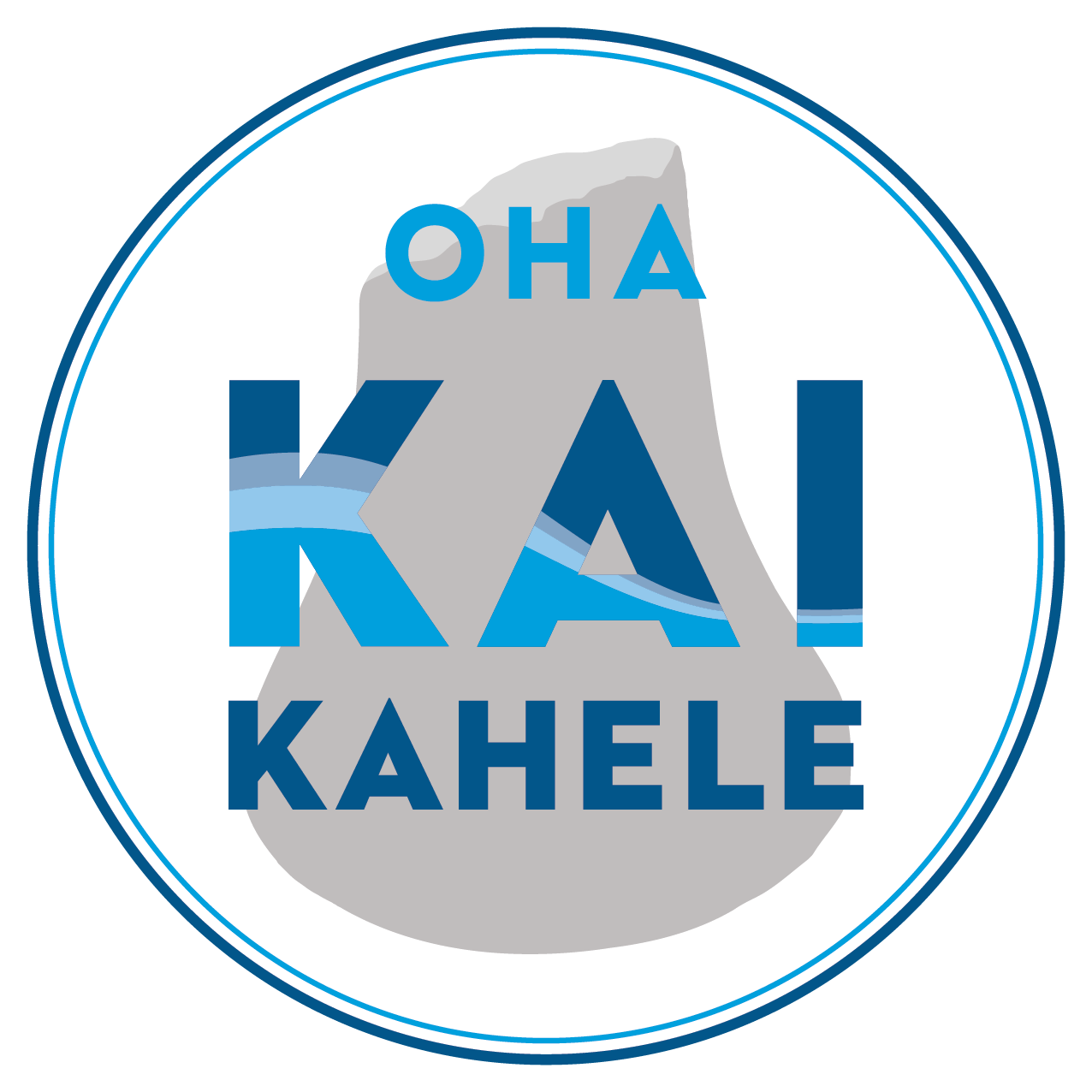Message from Kai
Message from Mililani
Message from Kai
Message from Mililani
About Kai
Kai is a native Hawaiian and lineal descendant from Hawaiʻi’s last remaining fishing village, Miloliʻi, in South Kona on Hawaiʻi Island. Kai’s commitment to his ʻāina aloha of Hawaiʻi and serving the community is rooted in the values he was immersed in by his father and kūpuna from Miloliʻi.
Kai is a product of Hawaiʻi’s public school system, having graduated from Hilo High in 1992, attending Hawaiʻi Community College and UH-Hilo, and earning a BS in Education from UH Mānoa. Here, he balanced life as an NCAA Division-I student-athlete and UH Rainbow Warriors Men’s Volleyball Team member.
Kai is a combat veteran, pilot, and commissioned officer in the Hawaiʻi Air National Guard, U.S. Air Force, where he continues to serve as a Lieutenant Colonel at Hickam Air Force Base, Hawaiʻi. He served in Iraq and Afghanistan as a C-17 Globemaster III and C-130 Hercules pilot, supporting Operation Enduring Freedom and Operation Iraqi Freedom.
Kai is also a commercial pilot for Hawaiian Airlines, working alongside his wife, Maria, a senior flight attendant. Together, their most important kuleana is raising and caring for their daughters, who attend Hawaiian language immersion school in Hilo.
In 2016, Governor David Ige appointed Kai to the Hawaiʻi State Senate for District 1 following the unexpected death of his father, the late Senator Gil Kahele. During his tenure as a state senator, he served as the Majority Whip, Majority Floor Leader, and Chair of the Committees on Higher Education and Water and Land.
In 2020, Kai was elected to represent Hawaiʻi’s 2nd Congressional District in Washington, D.C., in the 117th Congress. Kai served on the House Transportation and Infrastructure Committee, where he helped usher in millions of dollars in resources to Hawaiʻi with the passage of the Bipartisan Infrastructure Law. He also served on the House Armed Services Committee, leading the charge on the early response to the Navy’s crisis at Red Hill.
Kai continues to serve in the Hawaiʻi Air National Guard, where he will complete his Master's Degree in Strategic Studies from the U.S. Army War College in Carlisle, Pennsylvania, this July. Additionally, Kai is an adjunct faculty member at the University of Hawaiʻi at Hilo, where he teaches commercial aviation at the UHH Aeronautical Sciences Program.
Donate
Kai for Hawaiʻi will not solicit donations for Kai’s campaign for OHA Hawaiʻi Island Trustee. Instead, if you are inspired to give, we ask you to consider supporting our lāhui by donating to a family in need affected by the August 8th, 2023, wildfires in Lāhainā.
Mahalo!
Join Kai for Hawaiʻi
Two years ago, Kai released a bold, visionary plan to return Hawaiʻi to its people. Change like this rarely happens overnight. However, it is an inspiring goal for Hawaiʻi and future generations, aiming to bend the arc toward a more fair, equitable, and just Hawaiʻi. But it all starts with you. You can be part of the solution. You can be part of a movement for change.
Join Kai and the thousands of others across Hawaiʻi and be a part of the Hawaiʻi Not For Sale Movement!
Download the plan here: 10 points to return Hawaiʻi to the people
Imua Hawaiʻi
Join Kai for Hawai‘i
Two years ago, Kai released a bold, visionary plan to return Hawaiʻi to its people. Change like this rarely happens overnight. However, it is an inspiring goal for Hawaiʻi and future generations, aiming to bend the arc toward a more fair, equitable, and just Hawaiʻi. But it all starts with you. You can be part of the solution. You can be part of a movement for change.
Join Kai and the thousands of others across Hawaiʻi and be a part of the Hawaiʻi Not For Sale Movement!
Download the plan here: 10 points to return Hawaiʻi to the people
